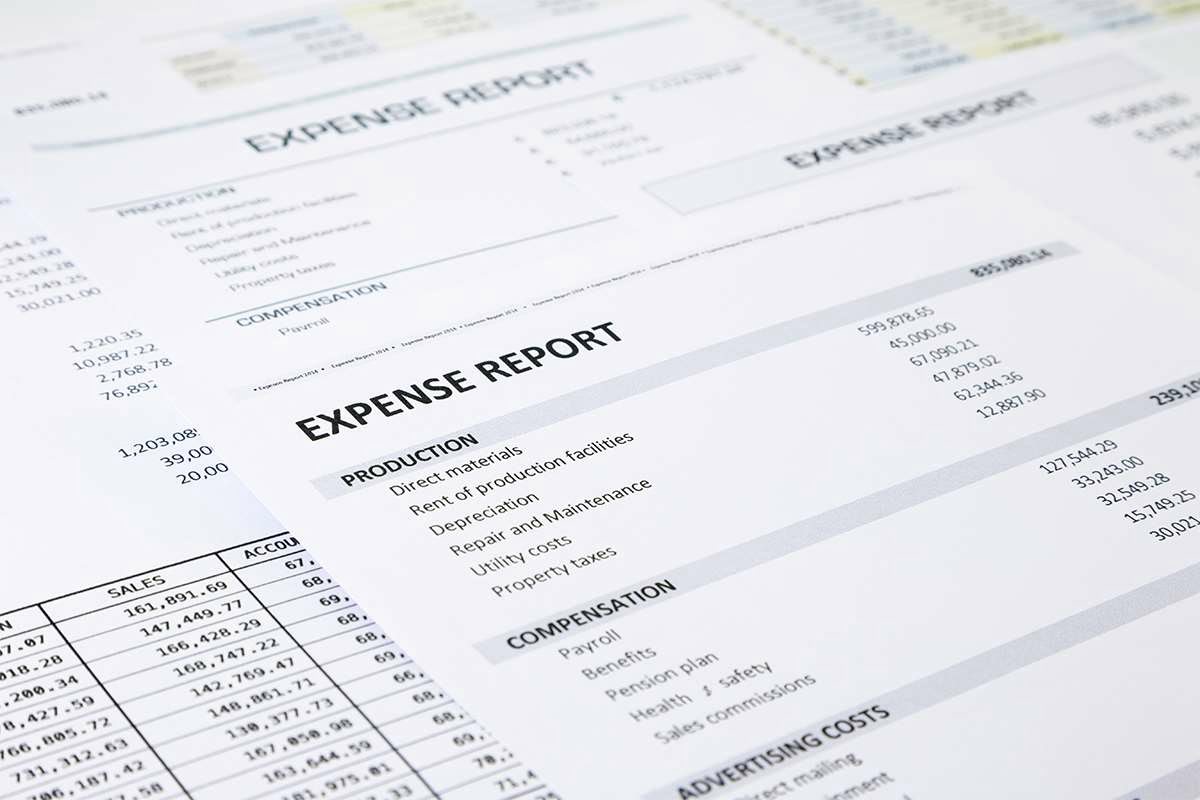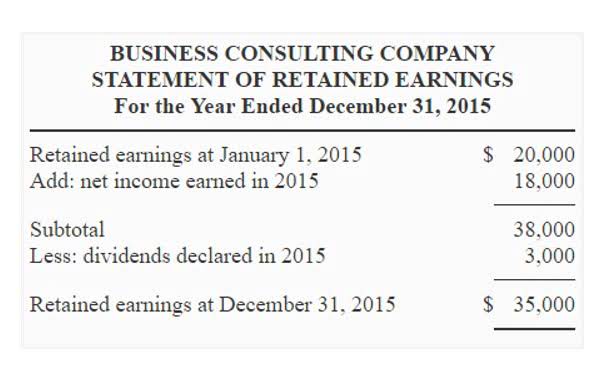
With over 30,000 courses across 190 countries, the Knowledge Academy is one of the world’s largest providers of training courses globally. They provide courses across a variety of categories, like business analysis, project management, business accounting, and bookkeeping. There are a number of bookkeeping organisations that provide a host of programs to help you learn and enhance your bookkeeping knowledge. A bookkeeper’s primary task is to keep a track of the financial transactions of a business and generate relevant, accurate reports. These reports help the accountants, and the business owners, understand the financial position of the business. As a bookkeeper, you’re responsible for maintaining accurate financial records and handling all the accounting processes for a business.
The Experience Path
A bachelor’s degree in accounting can provide you with the fundamental knowledge necessary to start advising businesses, individuals, and organisations in financial and accounting matters. You can teach yourself bookkeeping, making use of the many self-learning resources available online. You might start with the accounting basics, bookkeeping principles, and popular accounting software, such as QuickBooks.
- Students can take NWTC’s small business bookkeeping certificate program online over two eight-week semesters.
- If you’re an analytical thinker with numerical aptitude who loves working with spreadsheets, a job in accounting and finance might be the perfect fit.
- CSCC’s bookkeeping certificate features five courses covering introductory bookkeeping, payroll, Microsoft Excel, and QuickBooks.
- Many online bookkeeping courses and programs also offer self-pacing and self-scheduling options, making them more flexible and convenient.
- A candidate must pass all parts of the CB exam to successfully complete the credential’s exam requirements.
- The certified bookkeeper exam can be challenging without bookkeeping experience or education.
How Long is a Certified Bookkeeper Certification?

If you purchase these materials as a bundle, they cost $1,276 in total for members, and $1,596 for nonmembers. To score discounted fees, consider becoming a member of the organization of your choosing before registering for any courses and exams. To qualify for the CPB license, you need to bookkeeping accumulate 2,080 hours or one year of experience in the field. School placement offices may be able to help a student find a position as a bookkeeper.
- Based in Wilmington, North Carolina, Borst is a lifelong runner and general fitness enthusiast who is passionate about the physical and mental benefits of sleep and self-care.
- After completing part one of the CB exam, repeat this process to take part two.
- Mt. San Antonio College’s bookkeeper certificate program can be taken in person or online.
- You’ll typically need a high school diploma or equivalent at minimum to be a bookkeeper—though some employers might require a degree or diploma.
- The widespread use of computers and bookkeeping programs has dramatically cut down on the amount of time required for bookkeepers to perform their bookkeeping duties.
Obtain a Degree
- To qualify for the CPB license, you need to accumulate 2,080 hours or one year of experience in the field.
- The CPB license requires passing four exams covering bookkeeping, payroll, accounting, and QuickBooks.
- Or explore relevant courses, like Bookkeeping Basics, to develop key skills.
- You may prefer the structure and support offered by face-to-face learning over an online course.
- Follow these five best practice tips to improve your bookkeeper certification exam performance.
- Academic programs offered through accredited institutions provide an important level of validation that may improve your chances of landing a job.
- If you’re wondering whether to earn CB certification or CPB licensure, keep in mind that a professional designation can help boost your earning potential.
This organisation informs, trains, certifies, and licenses bookkeeping students, job applicants, employees and professionals. Bookkeepers can advance their skills, knowledge, and marketability via the self-study professional education offered by AIPB to both members and non-members. There are a host of programs available in the field of business administration and accounting. Payroll and staff accountants take on more https://www.bookstime.com/articles/tax-filings analytical and managerial support roles, as opposed to the record-keeping responsibilities of bookkeepers. Looking for a job can be intimidating, but there are numerous resources at your fingertips.
In-Person Bookkeeping Courses

Learners are advised to conduct additional research to ensure that courses and other credentials pursued meet their personal, professional, and financial goals. As the professional landscape evolves and demand for bookkeepers fluctuates, what is a certified bookkeeper it’s important to update your skills periodically. That way, you can take on real-world business challenges effectively and remain competitive in the job market. You will need access to spreadsheet software (Excel, Google Sheets, Numbers or the equivalent) for some activities in this course. CB-certified individuals can maintain their certification by completing at least 60 CPE credits every three years beginning on their initial certification date.

- The job also requires an eye for detail, organization, and some basic math skills.
- The curriculum covers data management, computer literacy and accounting, equipping you to manage financial data for a small business in an entry-level position.
- The BLS projects 6% occupational growth for accountants between 2023 and 2033, with 130,800 openings yearly.
- While it is not required, completing a comprehensive course from a reputable institution boosts your skills and demonstrates to potential employers that you’re reliable and dedicated.
- They may have a job board or professional network that could lead to opportunities.
- This guide consists of real-life examples and tips and tricks to help you to prepare for the exam and gives you a practice test which is a great way to get ready for the exam.
It prepares graduates to enter roles such as accounting assistant, bookkeeper, accounts payable specialist and accounts receivable specialist. These types of employees work in business consulting groups, government agencies, finance and insurance firms, nonprofits and more. Earning a CB or CPB credential may help advance a bookkeeper’s career or salary, as both are reputable industry certifications. However, CB certification could suit bookkeepers with at least two years of professional experience, while a CPB license may be a better option for candidates with or nearing one year of experience. To earn the CPB license, candidates must complete certification courses in bookkeeping, payroll, accounting, and QuickBooks through NACPB.
